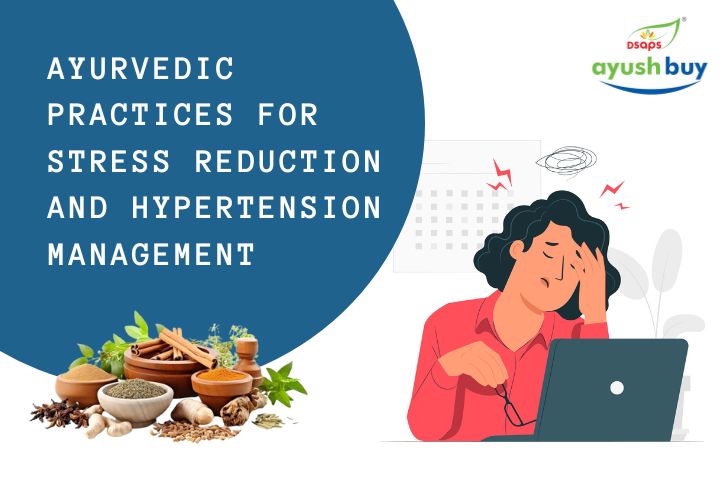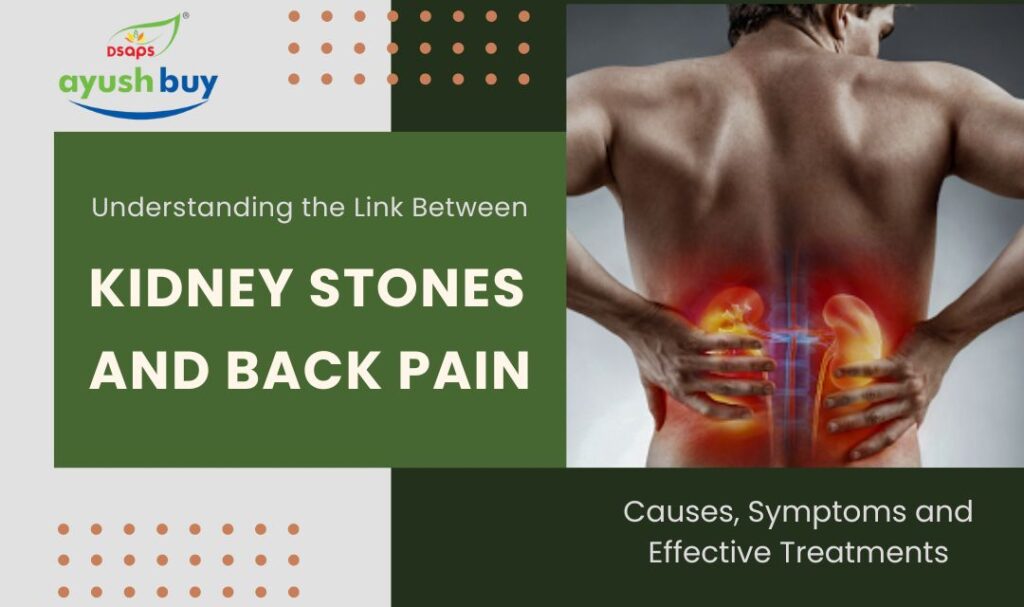High cholesterol is a prevalent health concern worldwide, affecting millions of individuals and posing significant risks to heart health. In this comprehensive guide, we look into the principles of Ayurveda and its role in managing high cholesterol levels. From understanding cholesterol basics to exploring herbal remedies and lifestyle modifications, let’s embark on a journey towards holistic well-being.
Introduction to High Cholesterol
a. What is cholesterol?
Cholesterol is a waxy, fat-like substance found in the cells of the body. It plays a vital role in building cell membranes and producing hormones. However, when levels of cholesterol become too high, it can lead to various health complications.
b. Types of cholesterol
LDL (Low-Density Lipoprotein): Often referred to as “bad” cholesterol, high levels of LDL can increase the risk of heart disease and stroke.
HDL (High-Density Lipoprotein): Known as “good” cholesterol, HDL helps remove LDL cholesterol from the bloodstream, reducing the risk of heart disease.
VLDL (Very Low-Density Lipoprotein): VLDL carries triglycerides, another type of fat, through the bloodstream.
c. Causes and risk factors for high cholesterol
High cholesterol levels can be influenced by various factors, including genetics, diet, lifestyle choices, and underlying health conditions such as diabetes and obesity. Sedentary lifestyle, unhealthy dietary habits, smoking, and excessive alcohol consumption can also contribute to elevated cholesterol levels.
d. Health implications of high cholesterol
Elevated cholesterol levels can lead to the accumulation of plaque in the arteries, increasing the risk of atherosclerosis, heart attack, and stroke. It is essential to address high cholesterol levels proactively to prevent adverse health outcomes.
Understanding Ayurveda and Cholesterol Management
a. Principles of Ayurveda in managing cholesterol levels
Ayurveda is an ancient Indian system of medicine, brings a holistic approach to health and wellness. According to Ayurvedic principles, maintaining balance in the body’s doshas (Vata, Pitta, and Kapha) is crucial for overall well-being, including cholesterol management.
b. Ayurvedic perspective on the causes of high cholesterol
In Ayurveda, high cholesterol is often attributed to imbalances in the body, particularly excess Kapha dosha. Dietary choices, lack of physical activity, and stress can disrupt the natural equilibrium of the doshas, leading to cholesterol imbalances.
c. Importance of diet and lifestyle in Ayurvedic approach to cholesterol management
Ayurveda advocates for dietary modifications and lifestyle adjustments to maintain healthy cholesterol levels. A diet rich in fresh fruits, vegetables, whole grains, lean proteins, and healthy fats, combined with regular exercise and stress-reducing practices, can help support cholesterol management.
Herbs and Spices for Lowering Cholesterol
a. Turmeric: Its role in reducing cholesterol levels
Turmeric, a vibrant yellow spice, contains curcumin, a compound known for its anti-inflammatory and cholesterol-lowering properties. Incorporating turmeric into your diet can help reduce LDL cholesterol levels and support heart health.
b. Triphala: A combination of three fruits for cholesterol management
Triphala is a traditional Ayurvedic formulation consisting of three fruits – Amalaki, Bibhitaki, and Haritaki, is revered for its cleansing and rejuvenating effects. Triphala helps regulate cholesterol levels, improve digestion, and promote detoxification.
c. Guggul: Ancient remedy for cholesterol control
Guggul is derived from the resin of the Commiphora mukul tree and it is a potent Ayurvedic herb used for centuries to lower cholesterol and triglyceride levels. Guggul enhances the metabolism of LDL cholesterol and supports cardiovascular health.
d. Arjuna: Herb for heart health and cholesterol reduction
Arjuna, known for its cardio-protective properties, strengthens the heart muscles, regulates blood pressure, and helps lower cholesterol levels. This Ayurvedic herb promotes optimal circulation and reduces the risk of heart disease.
Ayurvedic Diet and Lifestyle Recommendations
a. Importance of dietary changes in cholesterol management
Adopting a balanced and wholesome diet is fundamental to Ayurvedic cholesterol management. Emphasize plant-based foods, whole grains, legumes, and healthy fats while limiting processed foods, saturated fats, and sugary snacks.
b. Ayurvedic diet principles for reducing cholesterol
Follow Ayurvedic dietary guidelines such as eating warm, freshly prepared meals, favoring seasonal and locally sourced ingredients, and practicing mindful eating to support digestion and assimilation of nutrients.
c. Lifestyle modifications for maintaining healthy cholesterol levels
Incorporate regular physical activity, stress-reducing techniques such as meditation and yoga, adequate sleep, and mindful relaxation practices into your daily routine to promote overall well-being and cholesterol balance.
Ayurvedic Formulations and Medicines for High Cholesterol
a. Cholesterol-lowering formulations in Ayurveda
Ayurvedic medicine for cholesterol contains a blend of herbs and natural ingredients known for their cholesterol-lowering properties.
b. Ayurvedic medicines and their role in managing high cholesterol
Consult with a qualified Ayurvedic practitioner to explore personalized treatment options and herbal remedies tailored to your specific cholesterol profile and overall health status.
c. Dosage and precautions for Ayurvedic cholesterol medications
Follow the dosage instructions provided by your Ayurvedic practitioner and monitor your cholesterol levels regularly. Be mindful of any potential interactions with existing medications and inform your healthcare provider about your Ayurvedic treatment plan.
Yoga and Exercise for Cholesterol Management
a. Role of yoga and pranayama in cholesterol control
Yoga and pranayama, the practice of breath control, help reduce stress, improve circulation, and enhance overall cardiovascular health. Incorporate yoga postures and breathing exercises such as Anulom Vilom and Bhastrika into your daily routine.
b. Specific yoga asanas for reducing cholesterol levels
Practice yoga asanas that target the heart and circulatory system, such as Bhujangasana (Cobra Pose), Dhanurasana (Bow Pose), and Setu Bandhasana (Bridge Pose), to improve flexibility, strengthen the heart, and promote cholesterol balance.
c. Importance of regular physical activity in Ayurvedic approach to cholesterol management
Engage in moderate-intensity exercises such as brisk walking, swimming, cycling, or dancing for at least 30 minutes most days of the week to support cholesterol metabolism, maintain a healthy weight, and boost overall vitality.
Consulting an Ayurvedic Practitioner
a. Finding the right Ayurvedic practitioner for cholesterol management
Seek recommendations from trusted sources, research qualifications and credentials, and schedule an initial consultation to discuss your health concerns, goals, and preferences with a qualified Ayurvedic practitioner.
b. What to expect during an Ayurvedic consultation?
During your Ayurvedic consultation, the practitioner will conduct a thorough assessment of your medical history, lifestyle habits, dietary patterns, and current health status to develop a personalized treatment plan tailored to your individual needs.
c. Integrating Ayurvedic treatment with conventional medical care
Inform your primary healthcare provider about your decision to incorporate Ayurvedic treatments into your cholesterol management plan and maintain open communication between both healthcare teams to ensure comprehensive and coordinated care.
FAQs about Ayurvedic Treatment for High Cholesterol
Explore frequently asked questions about the safety, efficacy, and practical considerations of Ayurvedic treatments for high cholesterol, including potential side effects and duration of treatment.
a. Safety concerns and potential side effects of Ayurvedic treatments
While Ayurvedic remedies are generally safe when used appropriately, it’s essential to be aware of potential interactions with medications, allergic reactions, and individual sensitivities. Consult with a certified Ayurvedic practitioner for personalized guidance and monitoring.
b. How long does it take to see results with Ayurvedic treatment?
The timeline for experiencing noticeable improvements in cholesterol levels and overall well-being may vary depending on individual factors such as severity of cholesterol imbalance, adherence to treatment protocols, and lifestyle modifications. Consistency and patience are the key factors to achieving continuous results.
Conclusion
Ayurveda offers a holistic approach to managing high cholesterol levels, emphasizing dietary modifications, lifestyle adjustments, herbal remedies, and mindful practices to support overall well-being. By integrating Ayurvedic principles into your daily routine and working collaboratively with qualified practitioners, you can embark on a journey towards optimal heart health and vitality. Embrace the wisdom of Ayurveda and empower yourself to take proactive steps towards cholesterol management and holistic wellness.




One thought on “Ayurvedic Approach to Managing High Cholesterol”